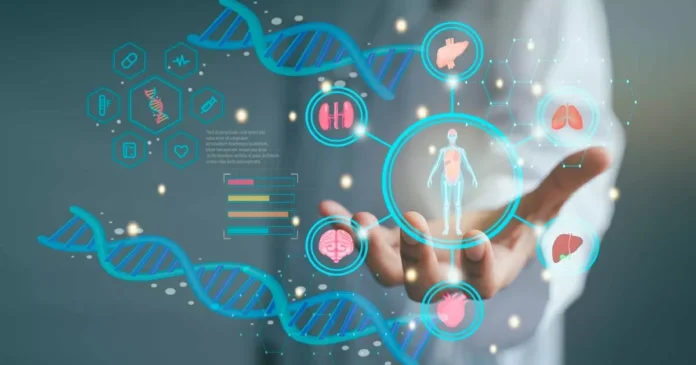MobiHealthNews, a leading source of news and analysis in the healthcare technology industry, has recently delved into the impact of various technological advancements on patient care and physician delivery. In this article, we will explore the effects of automated dispensing cabinets, robotic surgery, AI in radiology, and smart screens on both patients and physicians.
Automated dispensing cabinets, also known as ADCs, have revolutionized the way medications are stored and dispensed in hospitals and healthcare facilities. These cabinets use barcode scanning and electronic records to accurately dispense medications to patients, reducing the risk of human error and improving efficiency. With ADCs, nurses and physicians can spend less time on administrative tasks and more time on patient care.
One of the key benefits of ADCs is their ability to track and monitor medication usage. This not only ensures that patients receive the correct medication and dosage, but also helps physicians to identify any potential drug interactions or allergies. This real-time tracking also allows for better inventory management, reducing the risk of medication shortages or expired drugs. Overall, ADCs have greatly improved patient safety and streamlined medication management for healthcare providers.
Another technological advancement that has greatly impacted patient care is robotic surgery. With the help of robotic systems, surgeons are able to perform complex procedures with greater precision and control. This has led to shorter recovery times, reduced risk of complications, and improved outcomes for patients. Robotic surgery also allows for smaller incisions, resulting in less scarring and a faster return to normal activities for patients.
In addition, robotic surgery has also made it possible for surgeons to perform procedures remotely, eliminating the need for patients to travel long distances for specialized care. This has been especially beneficial for patients in rural areas or those with limited access to healthcare facilities. With the use of robotic surgery, patients are able to receive the best possible care without having to leave their local community.
Artificial Intelligence (AI) has also made significant advancements in the field of radiology. With the help of AI, radiologists are able to analyze and interpret medical images with greater accuracy and efficiency. This has led to earlier detection of diseases and conditions, allowing for prompt treatment and improved outcomes for patients. AI has also enabled radiologists to handle a larger volume of images, reducing the burden on physicians and improving turnaround times for patients.
Moreover, AI has the potential to assist in the development of personalized treatment plans for patients. By analyzing large amounts of data, AI can help physicians identify patterns and make more informed decisions about the best course of treatment for each individual patient. This has the potential to greatly improve patient outcomes and reduce healthcare costs in the long run.
Smart screens, or interactive digital displays, have also made their way into healthcare facilities, transforming the patient experience. These screens provide patients with access to their medical records, educational resources, and entertainment options, making their stay more comfortable and engaging. Smart screens also allow for better communication between patients and healthcare providers, as patients can easily access information and communicate with their care team.
For physicians, smart screens have become a valuable tool for delivering care. With the integration of electronic health records, physicians can easily access patient information and make informed decisions at the point of care. This has led to improved efficiency and better coordination among healthcare teams, ultimately resulting in better patient outcomes.
In conclusion, the impact of automated dispensing cabinets, robotic surgery, AI in radiology, and smart screens on patient care and physician delivery has been nothing short of remarkable. These technological advancements have greatly improved patient safety, streamlined processes, and enhanced the overall healthcare experience for both patients and physicians. As technology continues to advance, we can expect even more innovative solutions that will further revolutionize the healthcare industry.

